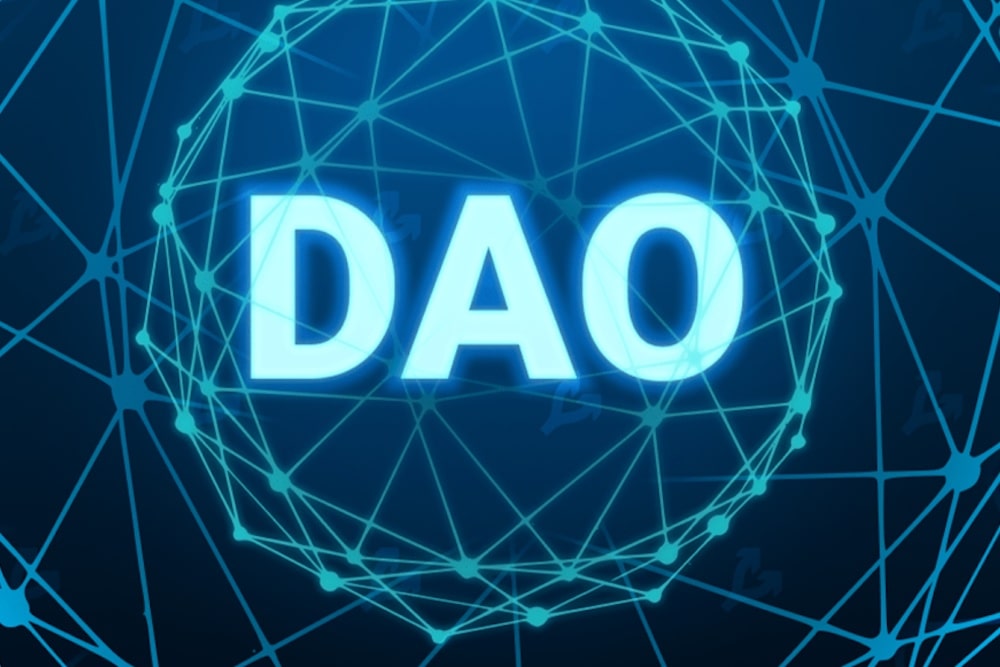The new law will allow DAOs to create new contracts with third parties that enable them to open bank accounts among other things.
Mark Gordon, governor of Wyoming, has passed legislation granting legal status to Decentralized Autonomous Organizations (DAOs). The move makes Wyoming the first state in the United States to officially recognize DAOs as distinct entities.
Under the new law, DAOs will be provided legal standing, allowing them to enter into contracts, own properties, and get involved with legal proceedings, much like traditional corporations.
The new regulation was championed by the legislature’s Select Committee on Blockchain, Financial Technology, and Digital Innovation. The bill has now established a legal framework for decentralized unincorporated nonprofit associations (DUNAs) operating in the state.
The bill, which came into effect on March 7, highlighted the requirements for establishing a DUNA, which handles the functions of smart contracts. It also provides guidelines regarding the obligations of the association and its members.
According to the document, DUNA stands as a separate legal entity from its members, which signifies that the DAO can be held accountable without involving its members in liability issues. Since a DAO is an entity without central leadership, such organizations make decisions using a bottom-up management approach. Memebers of a DAO must hold a stake in the organization. In a blockchain network, each DAO is backed with a specific cryptocurrency.
“A person is not liable for a breach of a decentralized unincorporated nonprofit association’s contract merely because the person is a member, administrator, authorized to participate in the management of the affairs of the nonprofit association, or considered a member by the nonprofit association,” the new law states.
On March 8, after a concluded analysis, venture capital firm a16z crypto mentioned a “fundamental misunderstanding of the nonprofit designation provided by the new law.
More so, the legislation creates a regulatory guideline tailored to DAOs’ special characteristics, which addresses concerns surrounding governance, liability, and accountability.
Wyoming seeks to promote innovation and ensure the stability and transparency of its financial ecosystem by providing legal certainty and consumer protection measures.
According to Miles Jennings, a16z’s general counsel, and David Kerr, principal at Cowrie law firm, a Wyoming-based DAO is not restrained from participating in for-profit activities.
“Under Wyoming law, the UNA and the DUNA can engage in for-profit activities. This would include operating a decentralized exchange protocol, a decentralized social media protocol; you name it,” Jennings said.
DAOs are also permitted to offer compensation to their members, which may include rewards for participating in the governance process.
Find Cryptocurrencies to Watch and Read Crypto News on the Go Follow CryptosToWatch on X (Twitter) Now

